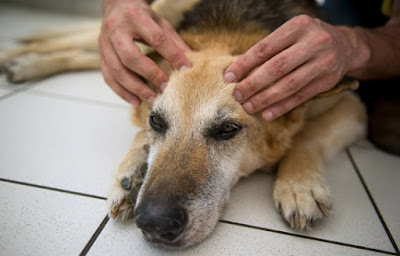Bathing pet ferrets is a hotly debated topic. Some people seem to be very sensitive to a ferret’s natural musky odor, thus advised or tempted to often give their pet ferrets a bath, frequently backfiring. A ferret’s odor is due partially to the animal’s natural oils coming from its skin. Giving your ferret a bath could reduce this musky odor, but only temporarily. Since the bath will strip the ferret’s fur and skin of these body oils, that bath you gave your pet may actually just stimulate skin oil production even more. Because of this production increase, that musky odor might end up being stronger for several days after giving your pet a bath. Keep your ferret’s litter and cage clean to aid in maintaining your pet’s fresh smell.
Bathing your pet ferret tends to the
animal’s coat and skin to dry out, so at the most, baths are recommended to be
given once every month. Unless the animal gets into something which needs
washing off, one bath every two or three months should be enough.
|
Any
skin and/or hair coat issue exhibited by your pet should warrant an
appointment with your professional vet clinic Cy-Fair. |





